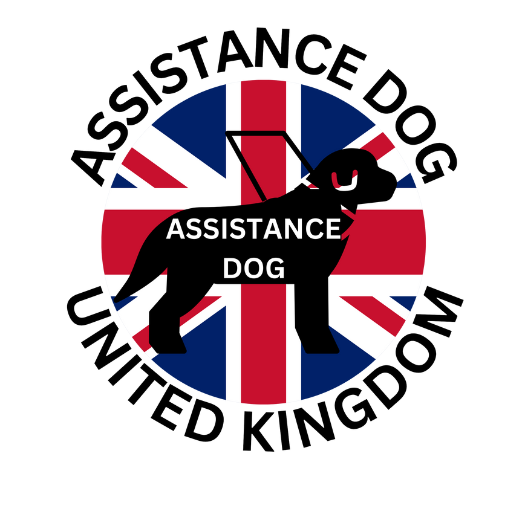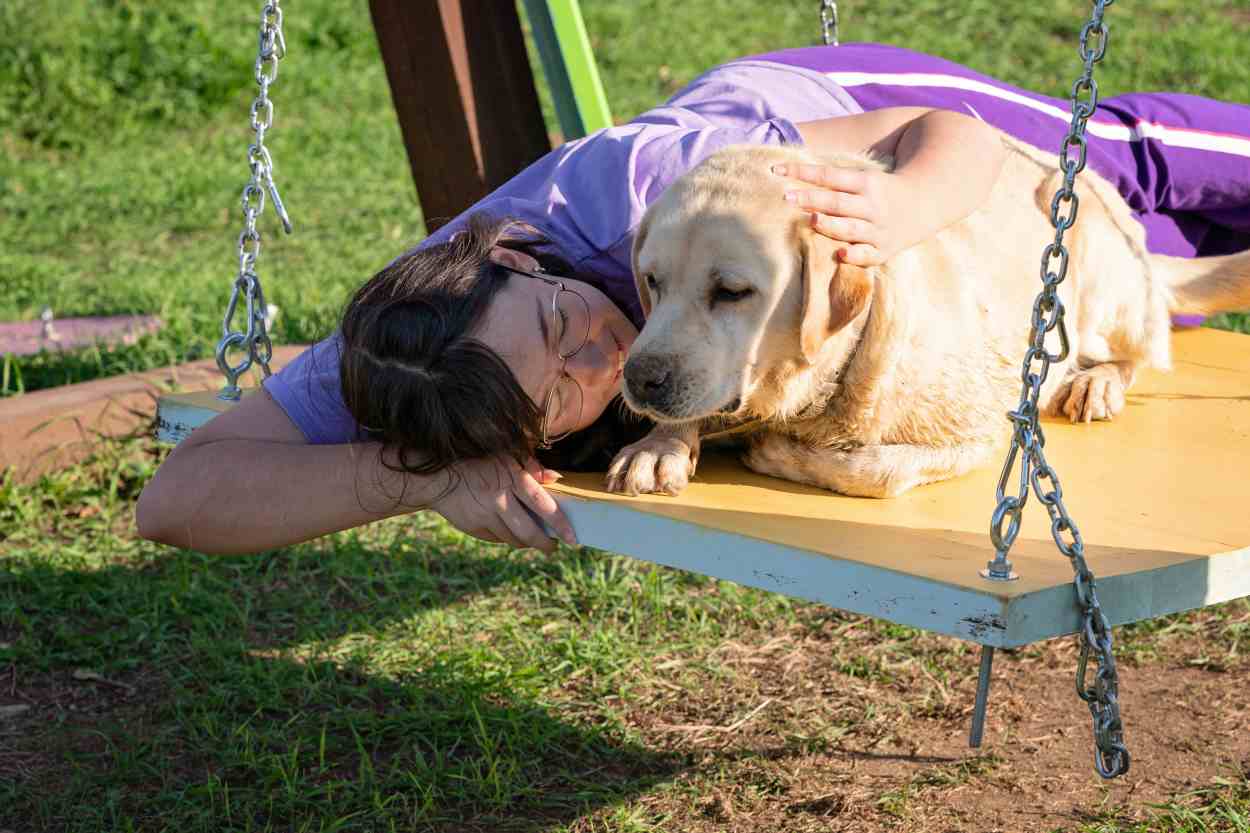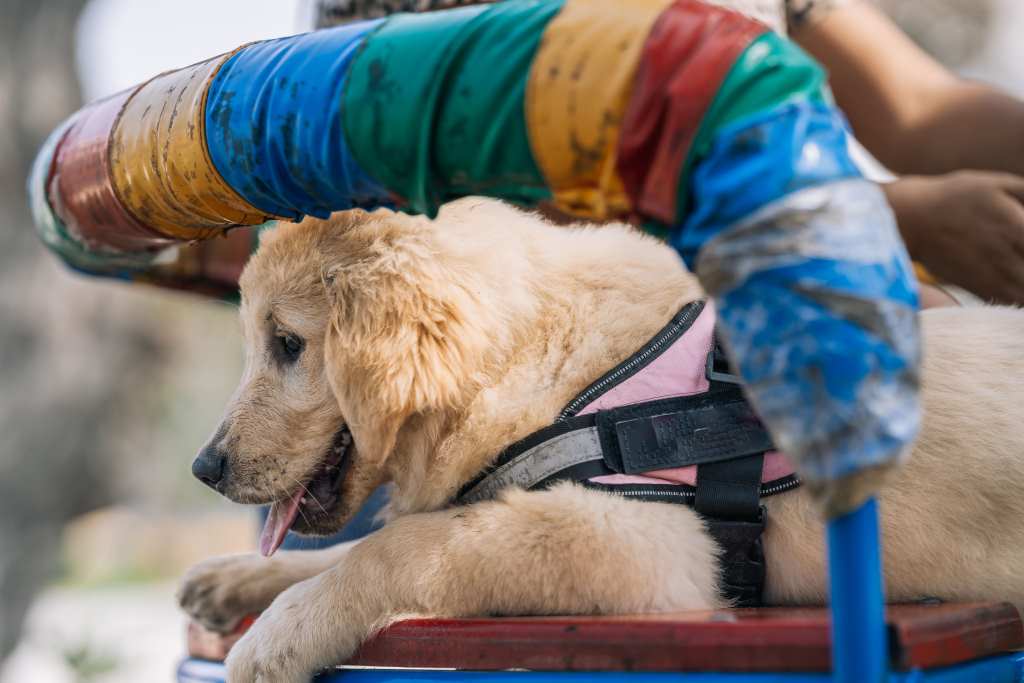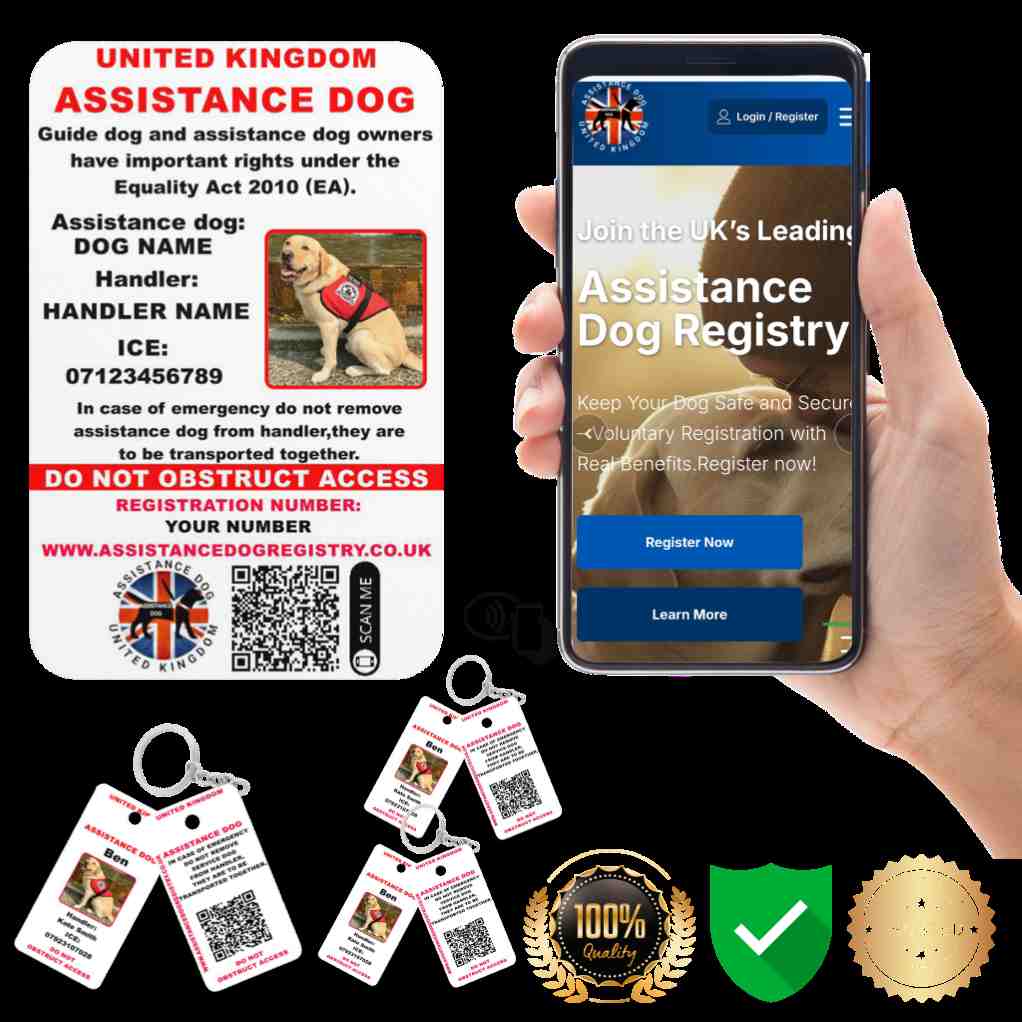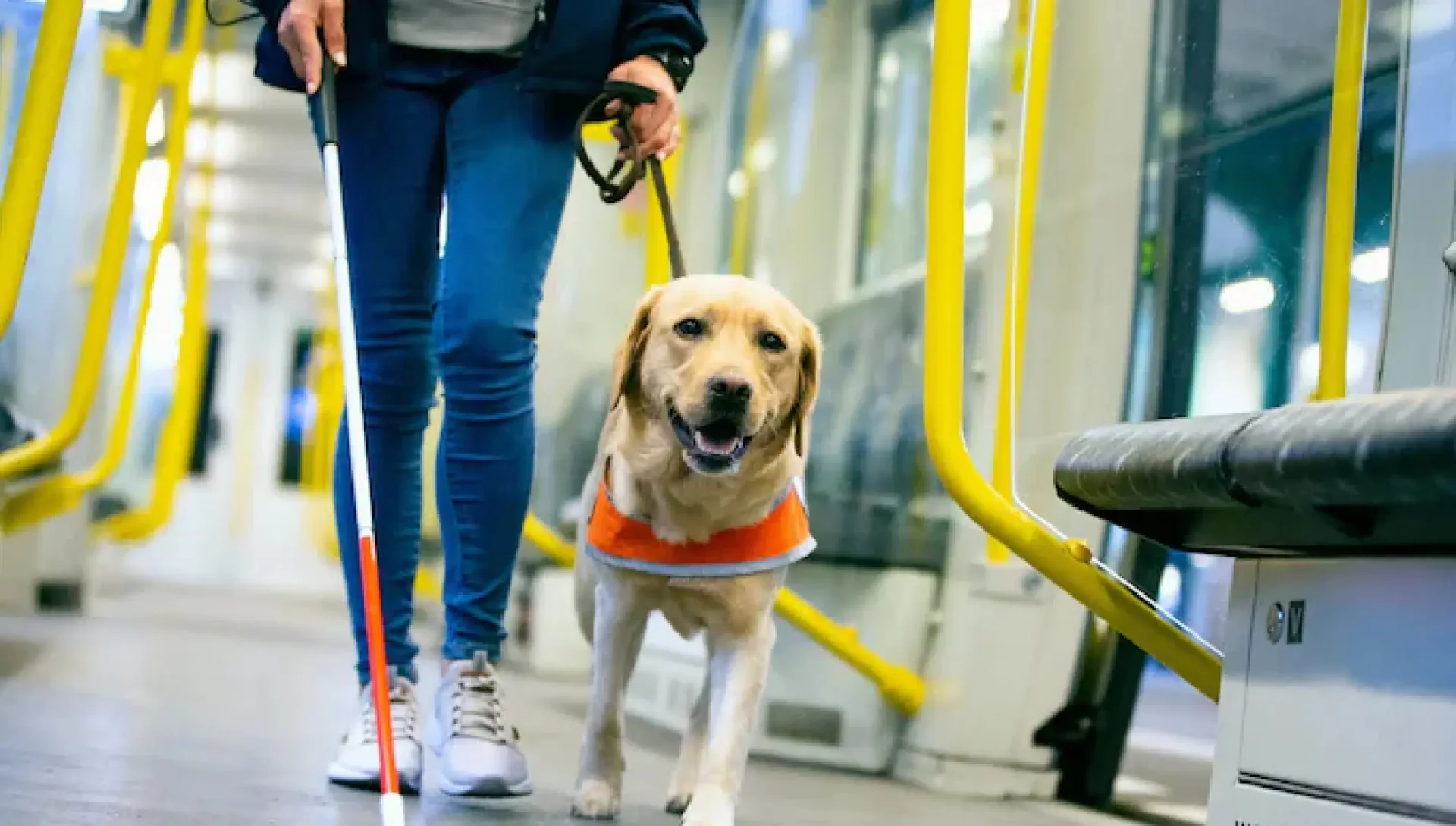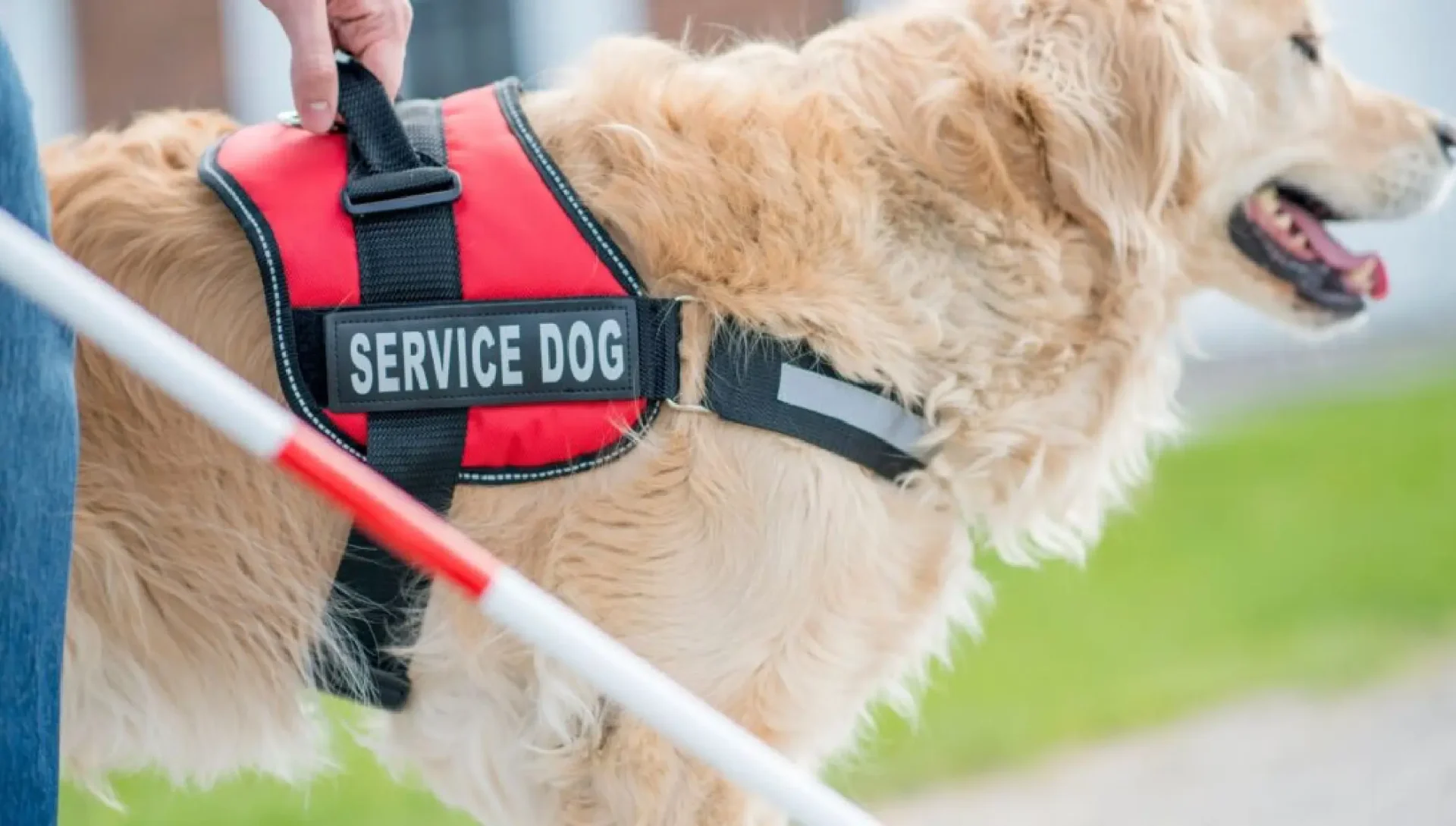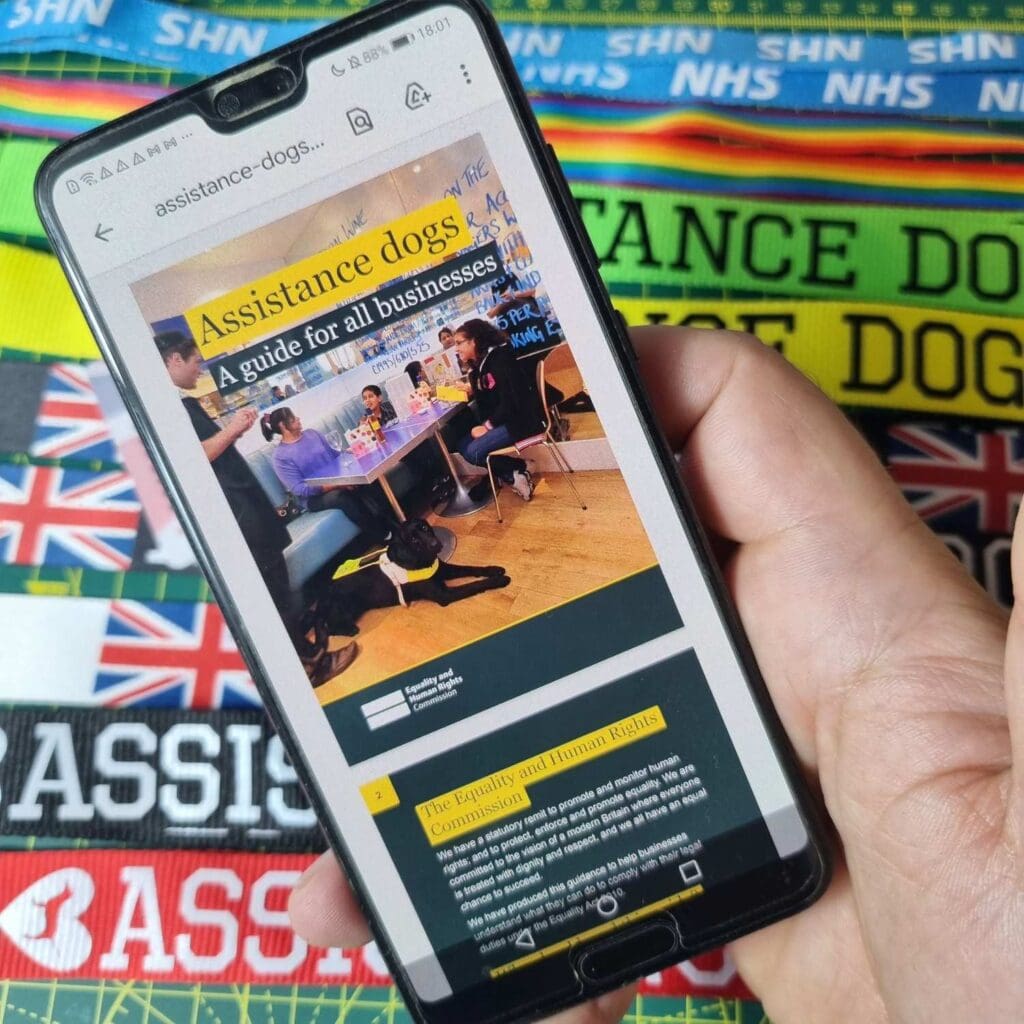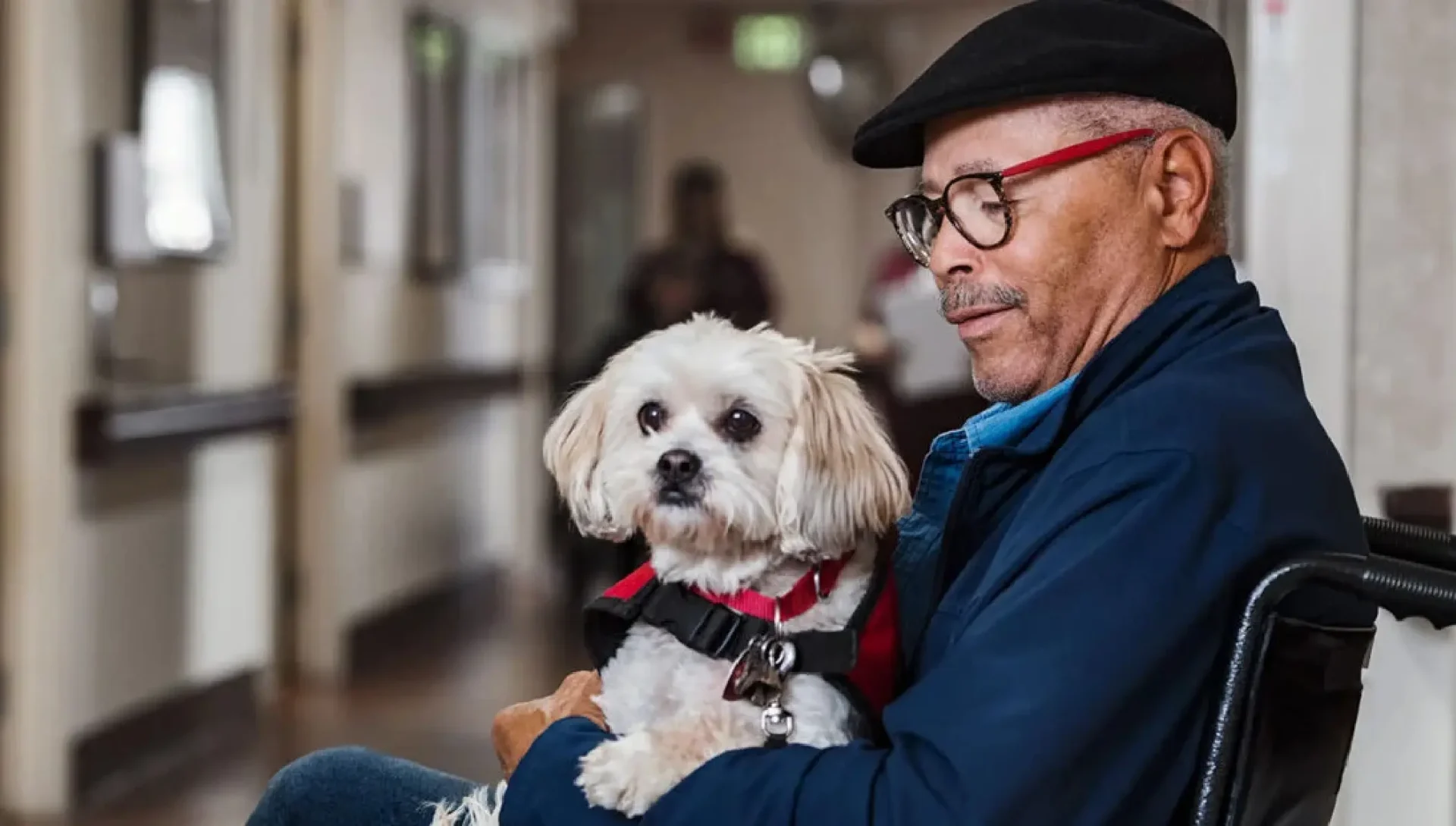
Empower Yourself: Know Your Rights for Assistance Dogs in Public
Assistance dogs provide invaluable support to people with disabilities, helping them live more independent lives. However, many people are unaware of the legal rights that both assistance dogs and their handlers are entitled to, particularly in public spaces. In the UK, the Equality Act 2010 grants crucial legal protections to assistance dog users, ensuring they can access the same services and facilities as anyone else, without discrimination. Here, we will explore the key legal rights assistance dogs and their handlers have when navigating public spaces.
Public Access Rights: The Equality Act 2010
The Equality Act 2010 is the primary piece of legislation that governs the rights of disabled individuals in the UK, including assistance dog users. Under this act, assistance dogs are legally recognized as a form of auxiliary aid that enables people with disabilities to access goods, services, and facilities. As such, the act requires businesses, service providers, and public spaces to make "reasonable adjustments" to accommodate both the handler and their assistance dog.

What Are 'Reasonable Adjustments'?
Reasonable adjustments refer to modifications or accommodations that must be made by businesses or service providers to ensure that disabled individuals can access their services without facing barriers. When it comes to assistance dogs, reasonable adjustments might include allowing the dog into spaces that typically prohibit pets, such as restaurants, supermarkets, hotels, or public transport. The key factor is that these adjustments must not impose an unreasonable burden on the business while ensuring the handler's right to access is respected.
Where Can Assistance Dogs Go?
Assistance dogs are allowed in most public spaces, including:
- Shops and Retail Stores: Whether it's a small boutique or a large supermarket, assistance dogs must be permitted inside stores with their handlers.
- Restaurants, Cafes, and Pubs: Food establishments are required to allow assistance dogs, even if they have a no-pets policy.
- Hotels and Accommodation: Assistance dogs must be allowed to stay with their handlers in hotels, guest houses, or B&Bs. There should be no additional charge for the presence of the assistance dog.
- Public Transport: Assistance dogs are permitted on all forms of public transport, including buses, trains, and taxis, as well as planes (subject to specific airline policies).
- Healthcare Facilities: While certain areas of healthcare facilities (like operating rooms) may be restricted for safety reasons, assistance dogs are generally allowed in most areas of hospitals and clinics.
Understanding the Role of Assistance Dogs
The purpose of an assistance dog is to assist individuals with disabilities in performing tasks that they may struggle to do themselves. For instance, guide dogs help visually impaired individuals navigate the world around them, while hearing dogs assist those who are deaf by alerting them to important sounds. Other assistance dogs might provide physical support, fetch items, or alert to medical conditions like seizures or low blood sugar.
Because of the essential role these dogs play, denying access to an assistance dog is akin to denying a person access to their disability aid—something that is both discriminatory and illegal under the Equality Act 2010.
The Importance of Training for Assistance Dogs
In the UK, assistance dogs can be either owner-trained or professionally trained by accredited organizations. Regardless of where or how the dog is trained, it must behave appropriately in public settings and reliably perform tasks that support the handler. The dog should remain calm and well-mannered in various environments, from busy streets to quiet cafes, ensuring it does not pose a risk or cause a disturbance.
While businesses cannot demand proof of training or certification, they do have the right to ask the handler to remove the dog if it is behaving aggressively or disruptively.
What If You Face Discrimination?
Despite the legal protections in place, some assistance dog users still face discrimination when trying to access public spaces. If a business or service provider refuses entry to an assistance dog without a valid reason (such as health and safety concerns), this can be considered unlawful discrimination under the Equality Act.
If you find yourself in a situation where your assistance dog is denied access, there are several steps you can take:
- Speak Calmly and Assert Your Rights: Politely explain that your assistance dog is legally entitled to be with you under the Equality Act 2010. It can help to refer to your dog as an "assistance dog" rather than a "service dog" or "support dog," as this terminology is more widely recognized in the UK.
- Request to Speak to a Manager: If staff members are unfamiliar with the law, ask to speak with a manager who may be better informed about their legal obligations.
- File a Complaint: If the situation cannot be resolved on the spot, you can file a formal complaint with the business. Many businesses have complaints procedures in place for these kinds of situations.
- Seek Legal Advice: In cases of persistent or serious discrimination, you may need to seek legal advice or contact a disability rights organization for support.
Can Businesses Refuse Assistance Dogs?
While the Equality Act grants strong protections for assistance dogs, there are limited circumstances where businesses can refuse entry. These exceptions are typically related to health and safety concerns, such as:
- Food Hygiene in Kitchens: While assistance dogs must be allowed in restaurants, they may be restricted from food preparation areas, such as kitchens, due to hygiene regulations.
- Allergies or Phobias: If another customer or staff member has a severe allergy to dogs, reasonable adjustments should be made to accommodate both parties. However, this does not automatically mean the assistance dog should be refused entry. Instead, businesses should attempt to find a solution that works for everyone, such as seating the two parties in separate areas of the establishment.
It is important to note that a general dislike or fear of dogs is not a valid reason to refuse entry to an assistance dog.
Conclusion
The legal rights of assistance dog handlers in the UK are robust and designed to ensure that disabled individuals can live independently and access public spaces with minimal barriers. The Equality Act 2010 provides crucial protections that prohibit discrimination and require businesses and service providers to accommodate assistance dogs.
Understanding your rights as an assistance dog handler—and educating businesses about these rights—can help ensure a more inclusive society where assistance dog users are treated with respect and dignity.
